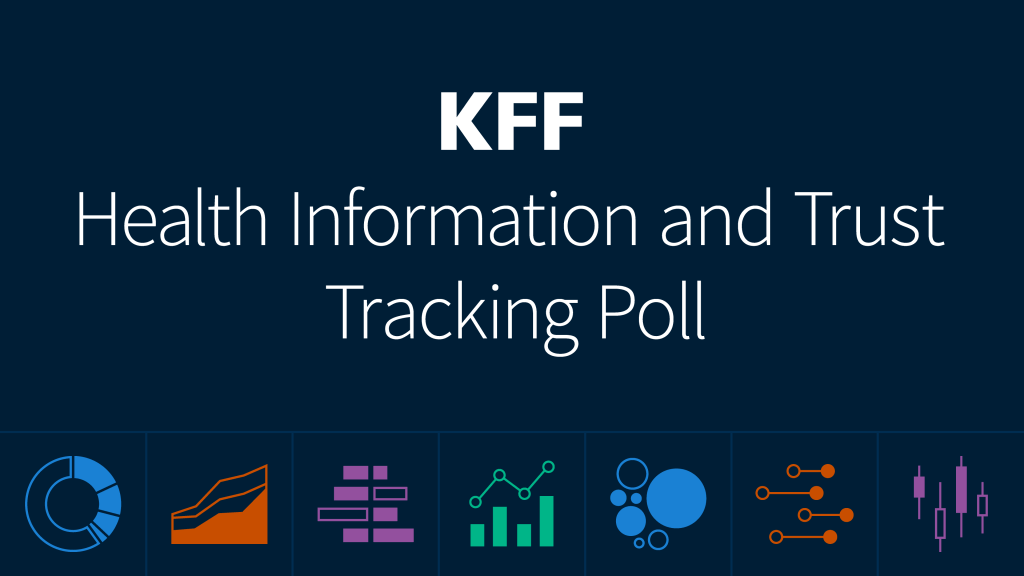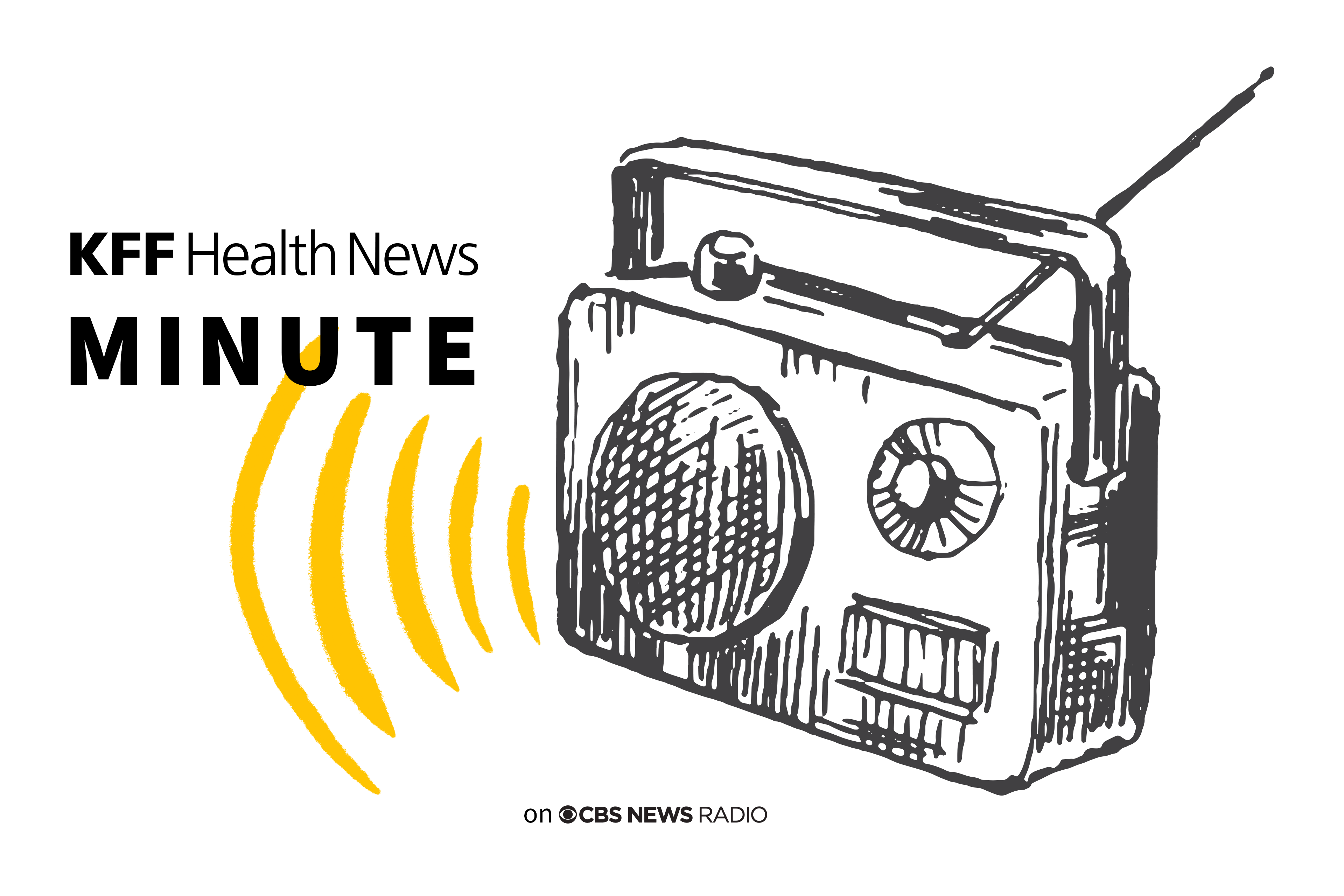Trust and Confidence in the CDC Remain at Low Point After Changes to Recommended Childhood Vaccines
Weeks after the Trump administration reduced the number of childhood vaccine recommended for routine use, public trust in the CDC is at its lowest since the COVID-19 pandemic, and less than half are confident in federal agencies’ ability to make such recommendations. Among those who have heard about the revised recommendations, more say they expect the changes to have a negative impact than a positive one on children’s health. Read the News Release.




